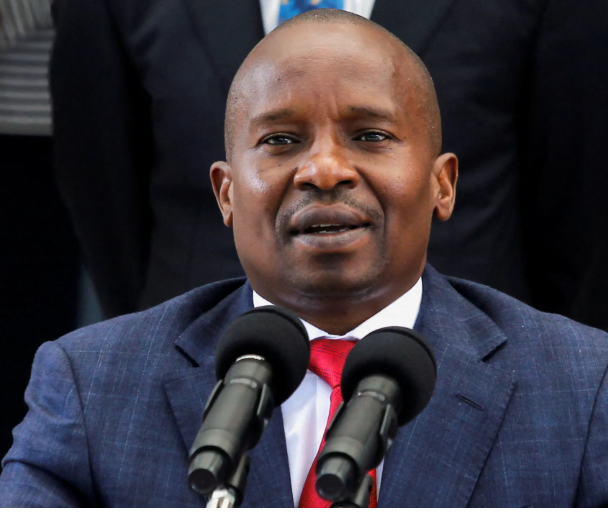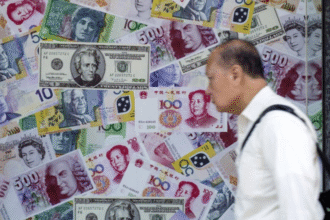By Simba Munyua
NAIROBI, KENYA – The Ministry of Health has reassured Kenyans that the suspension of United States Agency for International Development (USAID) programs, initiated by current US President Donald Trump, will not compromise the security or accessibility of patient health records within the country.
Following Trump’s sweeping policy reforms on January 20th, which included a halt to USAID programs worldwide, concerns arose about the potential impact on developing nations heavily reliant on USAID for essential services like healthcare, food security, and poverty alleviation. Among these concerns was the potential disruption of patient data collection and storage.
However, the Ministry of Health has moved to assuage these fears, stating that the USG funding cuts have had no impact on patient data. In a joint statement with the National Aids Control Programme (Nascop), the ministry reiterated that all data on HIV and other STIs are securely stored on servers hosted by the Ministry of Health.
“We guarantee confidentiality of all patient/client data within HIV care and beyond. The current USG funding cuts have no impact on the availability or access to patient/client health records information,” the statement affirmed.
The ministry further clarified that the data collected is primarily used to support patient care and service delivery. Access is strictly limited to authorized personnel for the purpose of enhancing patient care and informing policy decisions, thereby safeguarding against data privacy breaches.
This assurance comes after the Kenyan government announced in February that it was actively engaging with the US to secure the continuity of USAID-funded programmes. Deputy President Kithure Kindiki stated that the government was pursuing diplomatic interventions, seeking clarification, requesting waivers, and securing approvals for the continued operation of these vital programs.
“Certain development partners have recently made abrupt policy changes regarding the financing of health programmes,” Kindiki acknowledged. “I assure the nation that we remain committed to ensuring that any policy decisions by our development partners do not compromise the delivery of healthcare services in Kenya.”
Should these diplomatic efforts prove unsuccessful, the government has pledged to fully absorb the Sh24.9 billion shortfall into its national budget. This commitment is underscored by the allocation of Sh2 billion for vaccines and an additional Sh2.5 billion to mitigate potential disruptions from the Vaccine Alliance Gavi freeze.
Adding to the reassurance, the National Syndemic Diseases Control Council (NSDCC) has also confirmed that Kenya possesses adequate supplies of anti-retroviral and Tuberculosis drugs, further alleviating concerns arising from the USAID funding freeze.
The Kenyan government’s response underscores its commitment to safeguarding the health and well-being of its citizens in the face of external policy changes. While the situation remains fluid, these assurances provide a degree of stability and reassurance in a period of uncertainty.









